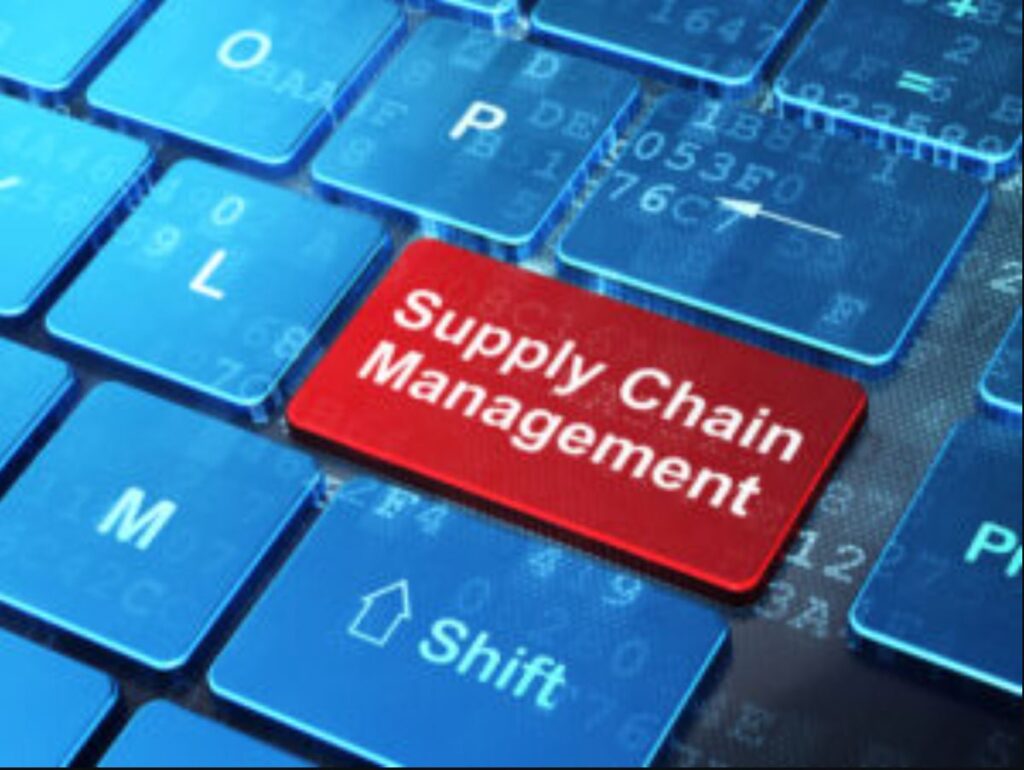Never has the issue of supply chain management been so immense
In particular, Covid-19 has made these challenges all the more prominent, with unprecedented pressure on the supply chain after lockdowns and varying restrictions imposed by different countries around the world. Businesses within the supply chain must be resilient and adaptable as the combination of changes that are underway, such as increased globalisation, digitalisation, and driver and other skill shortages, have increased the industry’s complexity. While Covid-19 restrictions have eased and many countries are learning to live with the virus, the supply chain crisis isn’t going away. Political unrest has hampered the movement of products and services worldwide, notably to and from China and, more recently, Russia.
Artificial intelligence (AI) has been cited as a solution to some of the problems businesses within the supply chain. Over half (53%) of UK supply chain decision-makers believe AI advances are crucial to managing disruption. On the finance side, technologies such as AI are being used by innovative companies to better understand their capital through data analytics and performance insights so they can meet their goals through effective financial management. However, data and the overarching strategy must be in the right state to effectively utilise AI, analytics, and data science.
Top three financial management data challenges
1. Granular financial management
Calculating important metrics such as cost to serve is vital for any supply chain business. Still, it can be difficult without real-time data visibility across your service, costs, and inventory. Platforms for enterprise resource planning (ERP) and supply chain management (SCM) produce information on point of sale, inventory, manufacturing, warehousing, and transportation. You can optimise your supply chain if you know how to analyse this data, spot patterns, identify trends, and produce insights. By implementing a supply chain data strategy, you can eliminate complex supply chain issues by implementing a plan backed up by accurate financial data.
2. Data integration & data silos
The use of multiple essential applications is standard practice in logistics businesses, with typical applications including financial planning and analysis (FP&A), delivery planning, warehouse management (WMS), and order management. There are various leadership roles responsible for channels, territories, and products, although traditional monthly management accounts are aggregated at a level above these operational roles at the company P&L level.
3. Data sharing across the supply chain
Within the supply chain industry, it’s important to share data with third parties, including partners, suppliers, and customers – quickly, in as near real-time as possible – to make decisions fast.
Data and AI in action
AI can be embedded into your data platform – it enables you to use predictive analytics to get better insights into all levels of the supply chain – an improved understanding of demand fluctuations and their effect throughout the supply chain. AI data models can help deliver competitive advantage, improve financials and help businesses gain control across many areas. Implementing a big data platform is critical to get insights in real-time or daily. With so much data at hand, the platform must be scalable to ensure success.
This requires breaking down data silos, joining data across the organisation, and using modern advanced analytics in a performant, scalable, and cost-effective data platform with data governance in place.
Read more at How AI Can Solve Supply Chain Financial Management Challenges
Share your opinions in the comment box below, and subscribe to us to be the first one to get updates.





